Get a full view of QIMA's laboratories, where we address product safety compliance needs for clients in 120 countries.
A 360° Tour of Our Labs
QIMA Hangzhou
QIMA
Dongguan
Dongguan
QIMA Hong Kong
QIMA Hong Kong
(Eyewear Lab)
(Eyewear Lab)
QIMA Buffalo
QIMA Vietnam
QIMA Shanghai



 Back to the Tour
Back to the Tour - Physical and mechanical testing, nickel release, flammability and corrosion testing, lens and optical testing, impact resistance, optical and UV radiation aging
- Equipped with Refractive power tester and prismatic power tester, scattered light tester, high velocity testers, video digital measurement tester, temperature and humidity chamber, etc.
- Some products tested at this lab are optical frames, optical lenses, reading glasses, sunglasses and other eye protection devices
 Lab Location
Lab Location
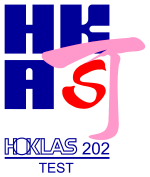



 Back to the Tour
Back to the Tour - Physical and mechanical testing, nickel release, flammability and corrosion testing, lens and optical testing, impact resistance, optical and UV radiation aging
- Equipped with Refractive power tester and prismatic power tester, scattered light tester, high velocity testers, video digital measurement tester, temperature and humidity chamber, etc.
- Some products tested at this lab are optical frames, optical lenses, reading glasses, sunglasses and other eye protection devices
 Lab Location
Lab Location




 Back to the Tour
Back to the Tour - Physical and mechanical testing, nickel release, flammability and corrosion testing, lens and optical testing, impact resistance, optical and UV radiation aging
- Equipped with Refractive power tester and prismatic power tester, scattered light tester, high velocity testers, video digital measurement tester, temperature and humidity chamber, etc.
- Some products tested at this lab are optical frames, optical lenses, reading glasses, sunglasses and other eye protection devices
 Lab Location
Lab Location




 Back to the Tour
Back to the Tour - Physical and mechanical testing, nickel release, flammability and corrosion testing, lens and optical testing, impact resistance, optical and UV radiation aging
- Equipped with Refractive power tester and prismatic power tester, scattered light tester, high velocity testers, video digital measurement tester, temperature and humidity chamber, etc.
- Some products tested at this lab are optical frames, optical lenses, reading glasses, sunglasses and other eye protection devices
 Lab Location
Lab Location




 Back to the Tour
Back to the Tour - Physical and mechanical testing, nickel release, flammability and corrosion testing, lens and optical testing, impact resistance, optical and UV radiation aging
- Equipped with Refractive power tester and prismatic power tester, scattered light tester, high velocity testers, video digital measurement tester, temperature and humidity chamber, etc.
- Some products tested at this lab are optical frames, optical lenses, reading glasses, sunglasses and other eye protection devices
 Lab Location
Lab Location


Drag left or right for a 360° view


 Back to the Tour
Back to the Tour - Physical and Chemical
- Equipped with GC-MS, ICP-OES, ICP-MS, HPLC, UV/Vis, FTIR, etc.
- Some products tested at this lab are toys & children products and promotional items
 Lab Location
Lab Location
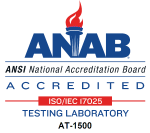


Drag left or right for a 360° view


 Back to the Tour
Back to the Tour - Physical and Chemical
- Equipped with LC/MS-MS, GC/MS-MS, FOSS Soxtec, ICP-MS, ICP-OES, SATRA slip resistance tester, Ultraviolet Transmittance Analyzer, Cot Durability Tester, Impact Tester, Programmable Humidity, Temperature chamber and etc.
- Some products tested at this lab are toys & children products, Juvenile products, Footwear, Textiles, Food Contact Materials and promotional items
 Lab Location
Lab Location
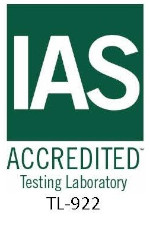


Drag left or right for a 360° view


 Back to the Tour
Back to the Tour - Physical and Chemical
- Equipped with LC/MS-MS, GC/MS-MS, FOSS Soxtec, ICP-MS, ICP-OES, SATRA slip resistance tester, Ultraviolet Transmittance Analyzer, Cot Durability Tester, Impact Tester, Programmable Humidity, Temperature chamber and etc.
- Some products tested at this lab are toys & children products, Juvenile products, Footwear, Textiles, Food Contact Materials and promotional items
 Lab Location
Lab Location



Drag left or right for a 360° view


 Back to the Tour
Back to the Tour - Physical and Chemical
- Equipped with LC/MS-MS, GC/MS-MS, FOSS Soxtec, ICP-MS, ICP-OES, SATRA slip resistance tester, Ultraviolet Transmittance Analyzer, Cot Durability Tester, Impact Tester, Programmable Humidity, Temperature chamber and etc.
- Some products tested at this lab are toys & children products, Juvenile products, Footwear, Textiles, Food Contact Materials and promotional items
 Lab Location
Lab Location



Drag left or right for a 360° view


 Back to the Tour
Back to the Tour - Physical and Chemical
- Equipped with LC/MS-MS, GC/MS-MS, FOSS Soxtec, ICP-MS, ICP-OES, SATRA slip resistance tester, Ultraviolet Transmittance Analyzer, Cot Durability Tester, Impact Tester, Programmable Humidity, Temperature chamber and etc.
- Some products tested at this lab are toys & children products, Juvenile products, Footwear, Textiles, Food Contact Materials and promotional items
 Lab Location
Lab Location



Drag left or right for a 360° view


 Back to the Tour
Back to the Tour - Physical and Chemical
- Equipped with LC/MS-MS, GC/MS-MS, FOSS Soxtec, ICP-MS, ICP-OES, SATRA slip resistance tester, Ultraviolet Transmittance Analyzer, Cot Durability Tester, Impact Tester, Programmable Humidity, Temperature chamber and etc.
- Some products tested at this lab are toys & children products, Juvenile products, Footwear, Textiles, Food Contact Materials and promotional items
 Lab Location
Lab Location



Drag left or right for a 360° view


 Back to the Tour
Back to the Tour - Physical and Chemical
- Equipped with LC/MS-MS, GC/MS-MS, FOSS Soxtec, ICP-MS, ICP-OES, SATRA slip resistance tester, Ultraviolet Transmittance Analyzer, Cot Durability Tester, Impact Tester, Programmable Humidity, Temperature chamber and etc.
- Some products tested at this lab are toys & children products, Juvenile products, Footwear, Textiles, Food Contact Materials and promotional items
 Lab Location
Lab Location



Drag left or right for a 360° view


 Back to the Tour
Back to the Tour - Physical and Chemical
- Equipped with LC/MS-MS, GC/MS-MS, FOSS Soxtec, ICP-MS, ICP-OES, SATRA slip resistance tester, Ultraviolet Transmittance Analyzer, Cot Durability Tester, Impact Tester, Programmable Humidity, Temperature chamber and etc.
- Some products tested at this lab are toys & children products, Juvenile products, Footwear, Textiles, Food Contact Materials and promotional items
 Lab Location
Lab Location



Drag left or right for a 360° view


 Back to the Tour
Back to the Tour - Physical and Chemical
- Equipped with LC/MS-MS, GC/MS-MS, FOSS Soxtec, ICP-MS, ICP-OES, SATRA slip resistance tester, Ultraviolet Transmittance Analyzer, Cot Durability Tester, Impact Tester, Programmable Humidity, Temperature chamber and etc.
- Some products tested at this lab are toys & children products, Juvenile products, Footwear, Textiles, Food Contact Materials and promotional items
 Lab Location
Lab Location





 Back to the Tour
Back to the Tour - Physical and Chemical
- Equipped with GC-MS, ICP-OES, Sound tester, etc.
- Some products tested at this lab are toys & children products and promotional items
 Lab Location
Lab Location
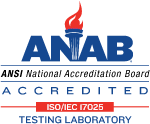



 Back to the Tour
Back to the Tour - Physical and Chemical
- Equipped with GC-MS, ICP-OES, Sound tester, etc.
- Some products tested at this lab are toys & children products and promotional items
 Lab Location
Lab Location




 Back to the Tour
Back to the Tour - Physical and Chemical
- Equipped with GC-MS, ICP-OES, Sound tester, etc.
- Some products tested at this lab are toys & children products and promotional items
 Lab Location
Lab Location




 Back to the Tour
Back to the Tour - Physical and Chemical
- Equipped with GC-MS, ICP-OES, Sound tester, etc.
- Some products tested at this lab are toys & children products and promotional items
 Lab Location
Lab Location




 Back to the Tour
Back to the Tour - Physical and Chemical
- Equipped with GC-MS, ICP-OES, Sound tester, etc.
- Some products tested at this lab are toys & children products and promotional items
 Lab Location
Lab Location




 Back to the Tour
Back to the Tour - Physical and Chemical
- Equipped with LC/MS-MS, GC/MS-MS, FOSS Soxtec, ICP-MS, ICP-OES, DC power supply equipment, Integrating sphere test equipment and etc.
- Some products tested at this lab are E&E, Lighting equipment, Furniture, Fitness Equipment, Food Contact Materials and promotional items.
 Lab Location
Lab Location



 Back to the Tour
Back to the Tour - Physical and Chemical
- Equipped with LC/MS-MS, GC/MS-MS, FOSS Soxtec, ICP-MS, ICP-OES, DC power supply equipment, Integrating sphere test equipment and etc.
- Some products tested at this lab are E&E, Lighting equipment, Furniture, Fitness Equipment, Food Contact Materials and promotional items.
 Lab Location
Lab Location



 Back to the Tour
Back to the Tour - Physical and Chemical
- Equipped with LC/MS-MS, GC/MS-MS, FOSS Soxtec, ICP-MS, ICP-OES, DC power supply equipment, Integrating sphere test equipment and etc.
- Some products tested at this lab are E&E, Lighting equipment, Furniture, Fitness Equipment, Food Contact Materials and promotional items.
 Lab Location
Lab Location



 Back to the Tour
Back to the Tour - Physical and Chemical
- Equipped with LC/MS-MS, GC/MS-MS, FOSS Soxtec, ICP-MS, ICP-OES, DC power supply equipment, Integrating sphere test equipment and etc.
- Some products tested at this lab are E&E, Lighting equipment, Furniture, Fitness Equipment, Food Contact Materials and promotional items.
 Lab Location
Lab Location



 Back to the Tour
Back to the Tour - Physical and Chemical
- Equipped with LC/MS-MS, GC/MS-MS, FOSS Soxtec, ICP-MS, ICP-OES, DC power supply equipment, Integrating sphere test equipment and etc.
- Some products tested at this lab are E&E, Lighting equipment, Furniture, Fitness Equipment, Food Contact Materials and promotional items.
 Lab Location
Lab Location



 Back to the Tour
Back to the Tour - Physical and Chemical
- Equipped with LC/MS-MS, GC/MS-MS, FOSS Soxtec, ICP-MS, ICP-OES, DC power supply equipment, Integrating sphere test equipment and etc.
- Some products tested at this lab are E&E, Lighting equipment, Furniture, Fitness Equipment, Food Contact Materials and promotional items.
 Lab Location
Lab Location



 Back to the Tour
Back to the Tour - Physical and Chemical
- Equipped with GC-MS, ICP-OES, HPLC, LC-MS, UV/Vis, flammability testers, colorfastness tester, tensile tester, whole shoes flexing tester, leather resistance flexing tester, etc…
- Some products tested at this lab are textiles, food contact items, footwear and toys.
 Lab Location
Lab Location




 Back to the Tour
Back to the Tour - Physical and Chemical
- Equipped with GC-MS, ICP-OES, HPLC, LC-MS, UV/Vis, flammability testers, colorfastness tester, tensile tester, whole shoes flexing tester, leather resistance flexing tester, etc…
- Some products tested at this lab are textiles, food contact items, footwear and toys.
 Lab Location
Lab Location




 Back to the Tour
Back to the Tour - Physical and Chemical
- Equipped with GC-MS, ICP-OES, HPLC, LC-MS, UV/Vis, flammability testers, colorfastness tester, tensile tester, whole shoes flexing tester, leather resistance flexing tester, etc…
- Some products tested at this lab are textiles, food contact items, footwear and toys.
 Lab Location
Lab Location




 Back to the Tour
Back to the Tour - Physical and Chemical
- Equipped with GC-MS, ICP-OES, HPLC, LC-MS, UV/Vis, flammability testers, colorfastness tester, tensile tester, whole shoes flexing tester, leather resistance flexing tester, etc…
- Some products tested at this lab are textiles, food contact items, footwear and toys.
 Lab Location
Lab Location




 Back to the Tour
Back to the Tour - Physical and Chemical
- Equipped with GC-MS, ICP-OES, HPLC, LC-MS, UV/Vis, flammability testers, colorfastness tester, tensile tester, whole shoes flexing tester, leather resistance flexing tester, etc…
- Some products tested at this lab are textiles, food contact items, footwear and toys.
 Lab Location
Lab Location




 Back to the Tour
Back to the Tour - Physical and Chemical
- Equipped with GC-MS, ICP-OES, HPLC, LC-MS, UV/Vis, flammability testers, colorfastness tester, tensile tester, whole shoes flexing tester, leather resistance flexing tester, etc…
- Some products tested at this lab are textiles, food contact items, footwear and toys.
 Lab Location
Lab Location




 Back to the Tour
Back to the Tour - Physical and Chemical
- Equipped with GC-MS, ICP-OES, HPLC, LC-MS, UV/Vis, flammability testers, colorfastness tester, tensile tester, whole shoes flexing tester, leather resistance flexing tester, etc…
- Some products tested at this lab are textiles, food contact items, footwear and toys.
 Lab Location
Lab Location




 Back to the Tour
Back to the Tour - Physical and Chemical
- Equipped with GC-MS, ICP-OES, HPLC, LC-MS, UV/Vis, flammability testers, colorfastness tester, tensile tester, whole shoes flexing tester, leather resistance flexing tester, etc…
- Some products tested at this lab are textiles, food contact items, footwear and toys.
 Lab Location
Lab Location




 Back to the Tour
Back to the Tour - Physical and Chemical
- Equipped with GC-MS, ICP-OES, HPLC, LC-MS, UV/Vis, flammability testers, colorfastness tester, tensile tester, whole shoes flexing tester, leather resistance flexing tester, etc…
- Some products tested at this lab are textiles, food contact items, footwear and toys.
 Lab Location
Lab Location


Drag left or right for a 360° view


 Back to the Tour
Back to the Tour - Physical and Chemical
- Equipped with GC-MS, ICP-OES, ICP-MS, HPLC, UV/Vis, FTIR, etc.
- Some products tested at this lab are toys & children products and promotional items
 Lab Location
Lab Location



Drag left or right for a 360° view


 Back to the Tour
Back to the Tour - Physical and Chemical
- Equipped with GC-MS, ICP-OES, EDXRF, IC, HPLC, UV/Vis, Sound tester, etc.
- Some products tested at this lab are textiles, food contact items and footwear
 Lab Location
Lab Location


Drag left or right for a 360° view


 Back to the Tour
Back to the Tour - Physical and Chemical
- Equipped with GC-MS, ICP-OES, EDXRF, IC, HPLC, UV/Vis, Sound tester, etc.
- Some products tested at this lab are textiles, food contact items and footwear
 Lab Location
Lab Location


Drag left or right for a 360° view


 Back to the Tour
Back to the Tour - Physical and Chemical
- Equipped with GC-MS, ICP-OES, EDXRF, IC, HPLC, UV/Vis, Sound tester, etc.
- Some products tested at this lab are textiles, food contact items and footwear
 Lab Location
Lab Location


Drag left or right for a 360° view


 Back to the Tour
Back to the Tour - Physical and Chemical
- Equipped with GC-MS, ICP-OES, EDXRF, IC, HPLC, UV/Vis, Sound tester, etc.
- Some products tested at this lab are textiles, food contact items and footwear
 Lab Location
Lab Location


Drag left or right for a 360° view


 Back to the Tour
Back to the Tour - Physical and Chemical
- Equipped with GC-MS, ICP-OES, EDXRF, IC, HPLC, UV/Vis, Sound tester, etc.
- Some products tested at this lab are textiles, food contact items and footwear
 Lab Location
Lab Location


Drag left or right for a 360° view


 Back to the Tour
Back to the Tour - Physical and Chemical
- Equipped with GC-MS, ICP-OES, EDXRF, IC, HPLC, UV/Vis, Sound tester, etc.
- Some products tested at this lab are textiles, food contact items and footwear
 Lab Location
Lab Location


Drag left or right for a 360° view


 Back to the Tour
Back to the Tour - Physical and Chemical
- Equipped with GC-MS, ICP-OES, EDXRF, IC, HPLC, UV/Vis, Sound tester, etc.
- Some products tested at this lab are textiles, food contact items and footwear
 Lab Location
Lab Location


Drag left or right for a 360° view


 Back to the Tour
Back to the Tour - Physical and Chemical
- Equipped with GC-MS, ICP-OES, EDXRF, IC, HPLC, UV/Vis, Sound tester, etc.
- Some products tested at this lab are textiles, food contact items and footwear
 Lab Location
Lab Location

QIMA provides testing to international, national, and regional standards. See all our accreditations.
Our Labs
QIMA provides extensive testing capabilities specific to our client's industry with our global network of ISO 17025 accredited in-house laboratories in Europe, Asia and America. QIMA brings together a team of over 450 trained chemists, engineers, technicians and laboratory managers to cater to your compliance and quality needs for toys and children's products, textiles, general merchandise, eyewear, gifts, personal care products, food contact and more.
We encourage our clients to visit our labs and take a tour but have provided a virtual tour if your schedule won't allow it.
Thông tin chi tiết về chuỗi cung ứng
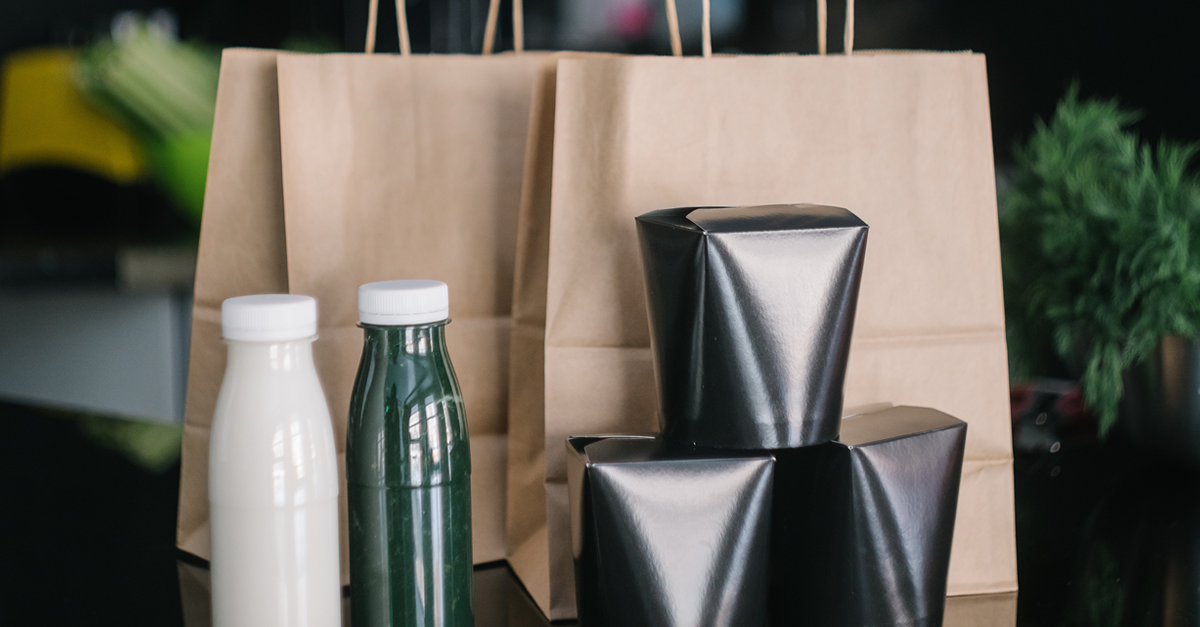
Environmental Labeling Obligations for Packaging: EU and UK Rules
Packaging is an essential component of the product life cycle, but it is also becoming a significant environmental concern. As the awareness of the environmental impact of packaging waste grows, several environmental labels have been introduced to assist consumers in correctly disposing of product packaging. For brands and suppliers operating in the EU and UK markets, it is crucial to understand which labels should be included on product packaging.
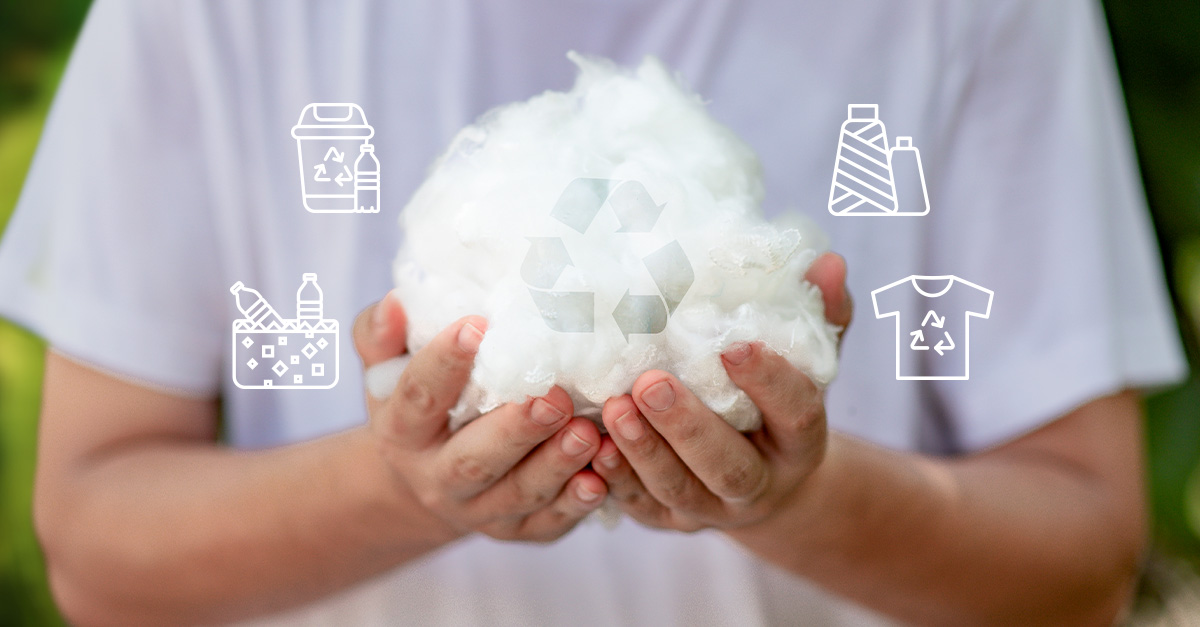
Recycled Polyester (rPET) in Your Supply Chain: What You Need to Know
Polyester has been a staple in the textile industry since the 1970s. However, the negative environmental impact of polyester fabric has raised concerns among consumers. As a result, recycled polyester fabrics are gaining popularity as a more sustainable alternative.
While many brands and suppliers are making efforts to incorporate recycled polyester fabrics into their products, it remains challenging to verify the authenticity and quantity of recycled polyester in these items. This presents a dilemma for consumers who want to make informed choices.
While many brands and suppliers are making efforts to incorporate recycled polyester fabrics into their products, it remains challenging to verify the authenticity and quantity of recycled polyester in these items. This presents a dilemma for consumers who want to make informed choices.
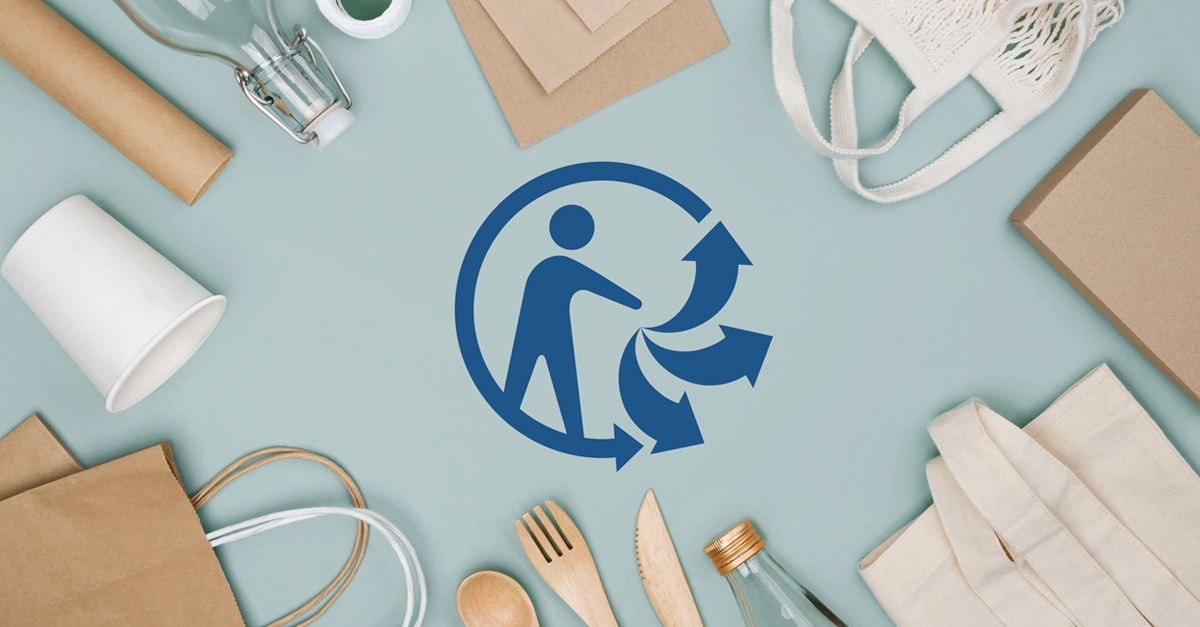
Triman and Info-Tri: Product and Packaging Labeling Requirements for the French Market
The Triman logo is a mandatory, unified signage for end-of-life products created from the French Decree in order to harmonize the separate collection systems within France. On January 1, 2022, new modifications were made and the Triman logo must be accompanied by further sorting instructions (Info-Tri). Since Info-Tri varies for different product groups, what label and Info-Tri should you include on your products? What if the size of the label doesn’t fit on the product? And where can you find the most updated artwork and information?
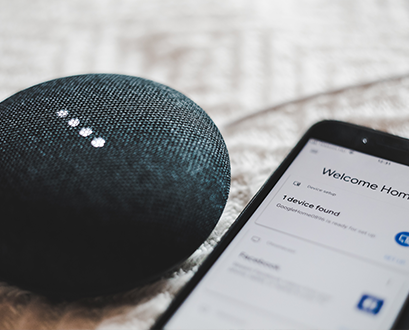
Cybersecurity for IoT and Beyond: Complying with EU Regulations
As electronic devices like phones, smart home appliances, and toys become increasingly interconnected, the importance of cybersecurity has grown tremendously. In response, governments and regulators have introduced standards to ensure cyber safety for such devices. With mandatory cybersecurity regulations set to take effect in EU countries in August 2024, businesses need to prepare their products to comply with these regulations. Ensuring customers feel secure while using your products is essential to building trust in your brand. How can you help your clients have peace of mind? We can guide you through the steps to prepare for and comply with these regulations.

EU directives for E&E products: What you need to know to ensure product compliance?
Operating electrical and electronic (E&E) products could pose potential risks to users. To ensure consumer safety and keep up with technological development, governments worldwide are continuously revising and tightening safety regulations of E&E equipment. In the European Union (EU), various directives and regulations have been established for E&E products. Under the E&E related regulations, what requirements do you need to be aware of to ensure that your products are compliant? What upcoming regulatory updates do you need to prepare for and why is electrical safety test necessary for the EU market?
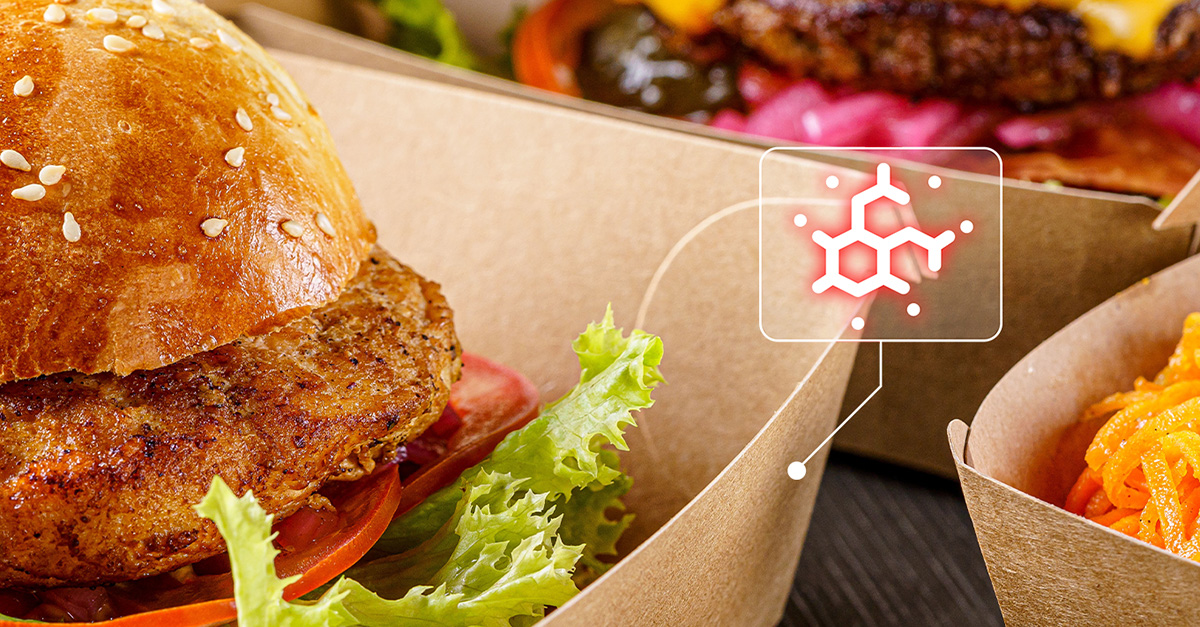
PFAS: the "Forever Chemicals"
PFAS, or per- and polyfluoroalkyl compound substances (PFAS) have been widely used in consumer products because of their properties, which include water and oil resistance, stability under extreme temperatures and chemical inertness. However, due to the dangers that PFAS pose to human health and the environment, the governments and consumer protection agencies of many countries have been taking steps towards stricter regulation and subsequent elimination of PFAS.
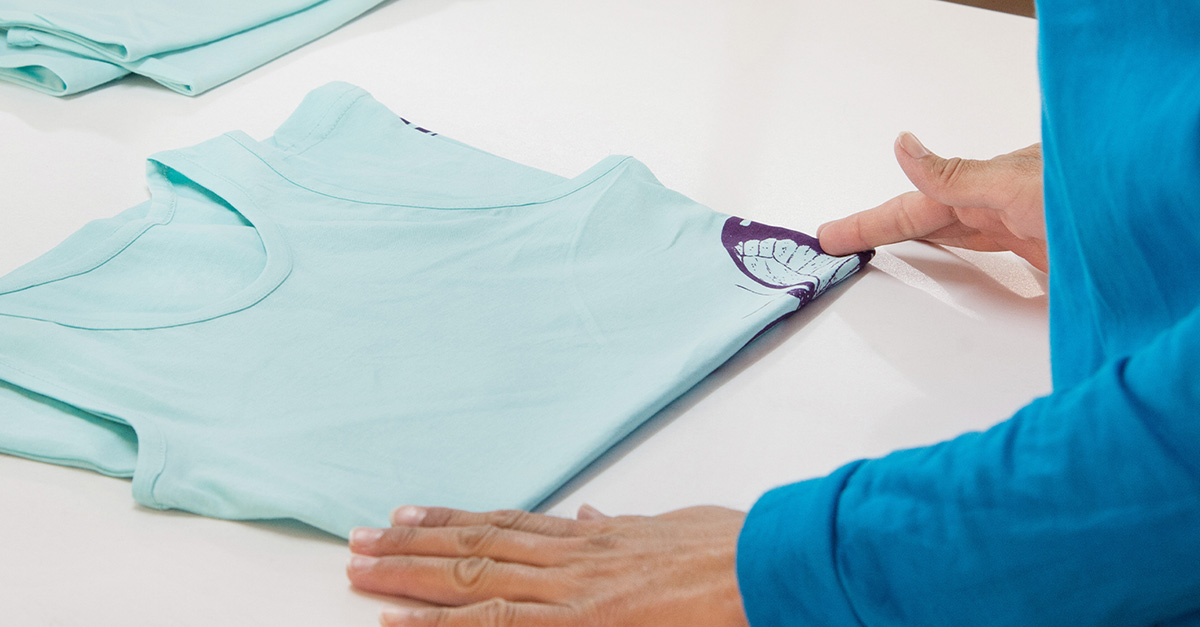
Taking Action: How to Rid the Textile Industry of APEOs
The European Chemicals Agency (ECHA) has enacted a new requirement on textile article, Annex XVII to REACH, which came into effect on 3 February 2021. As many suppliers and their manufacturers found themselves failing the requirement, brands are having their own APEO requirements to ensure their textiles products achieve product compliance in the EU.

Gulf Conformity Mark (G-Mark) for Low Voltage Electrical Equipment (LVE)
This handbook provides an introduction to the G-Mark certification process, specific requirements for LVE products, and guidelines for displaying the G-Mark on your products.

Gulf Conformity Mark (G-Mark) for Children’s Toys
This handbook provides an introduction to the G-Mark certification process, specific requirements for toys, and guidelines for displaying the G-Mark on your products.
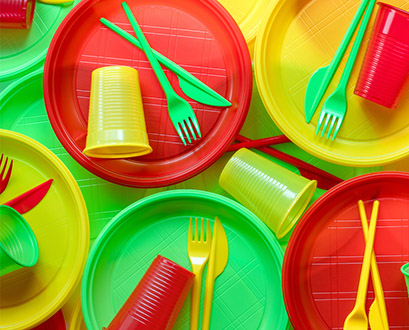
Understanding EU food contact regulations
In September 2020, EU 2020/1245 was enacted by the EU to limit the ingestion of harmful substances from Food Contact Materials (FCM). This new regulation directly impacts the FCM industry, which is one of the most highly regulated industries in the world. FCM brands need to adapt to the changes to stay compliant and continue to deliver safe products to consumers.
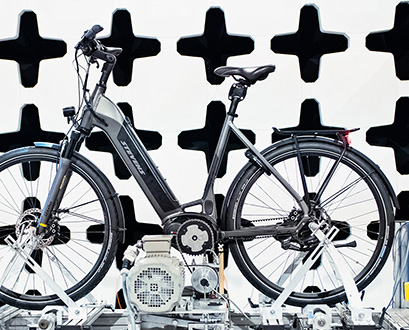
Proving E-Bike Quality and Safety for Recognition in the Growing EPAC Market
As people increasingly turn to e-bikes around the world for exercise and leisure or as a more environmentally-friendly option for commuting, regulations for quality and safety are quickly being put into place.
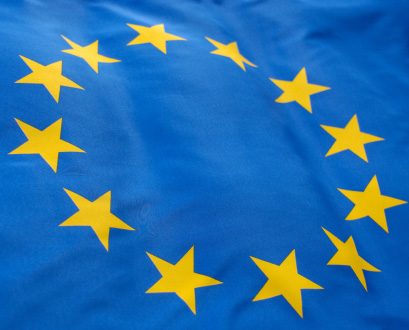
CE Compliance for Products Sold in EU Countries
The CE mark is required for many products to be sold in the EU, however, manufacturers are solely responsible for understanding the requirements for their products and ensuring compliance.

Proving E-Bike Quality and Safety for Recognition in the Growing EPAC Market
As people increasingly turn to e-bikes around the world for exercise and leisure or as a more environmentally-friendly option for commuting, regulations for quality and safety are quickly being put into place.
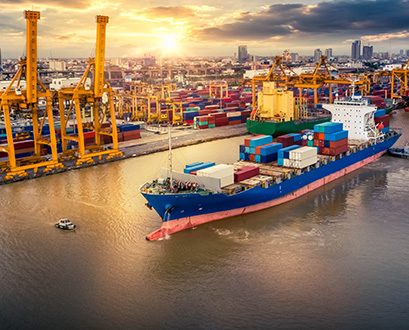
Making Sense of SASO, SABER, and SALEEM
This handbook provides an overview of the requirements for businesses importing goods into the Kingdom of Saudi Arabia.
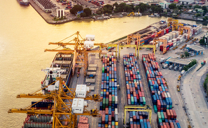
Evolution of Global Sourcing in 2020
This report analyzes the evolution of global sourcing in response to the ongoing COVID-19 pandemic, US-China trade tensions and other disruptions to global supply chains.
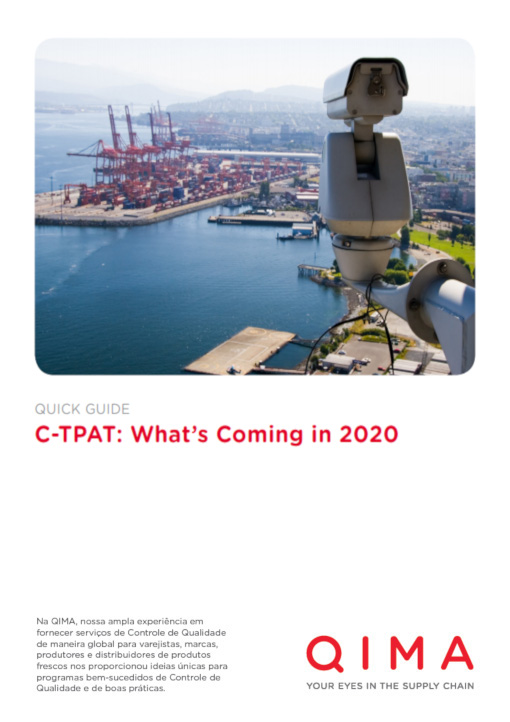
C-TPAT Audit and Compliance
The Customs-Trade Partnership Against Terrorism (C-TPAT) is a supply chain security program led by U.S. Customs and Border Protection focused on improving the security of private companies' supply chains with respect to terrorism.
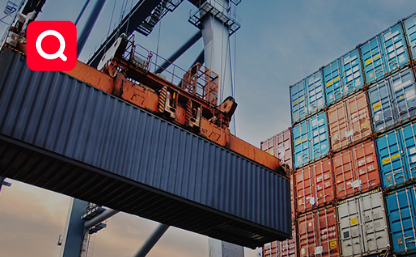
Global Supply Chains Amid the Trade Wars of 2019
Explore the findings of QIMA’s 2019 survey of 150+ businesses worldwide to find out how global supply chains and sourcing strategies are evolving in the second year of the US-China trade war.
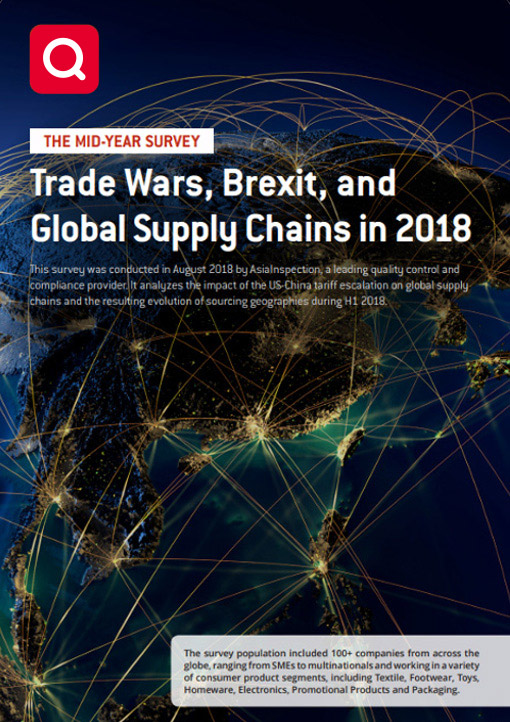
Trade Wars, Brexit, and Global Supply Chains in 2018
Get an exclusive look behind the scenes following a survey to QIMA's database to undercover how the escalating US-China trade stand-off is affecting global supply chains and sourcing strategies halfway into 2018.
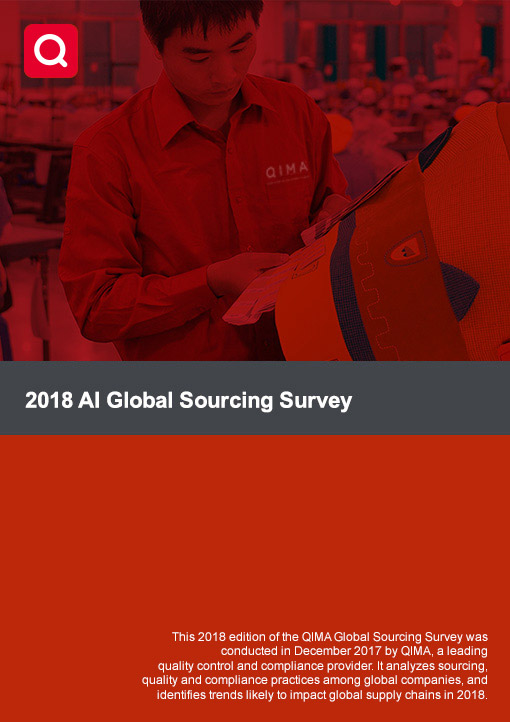
2018 QIMA Global Sourcing Survey
A survey of 250+ companies focusing on popular sourcing, QC and compliance practices, top sourcing challenges and major 2018 trends.
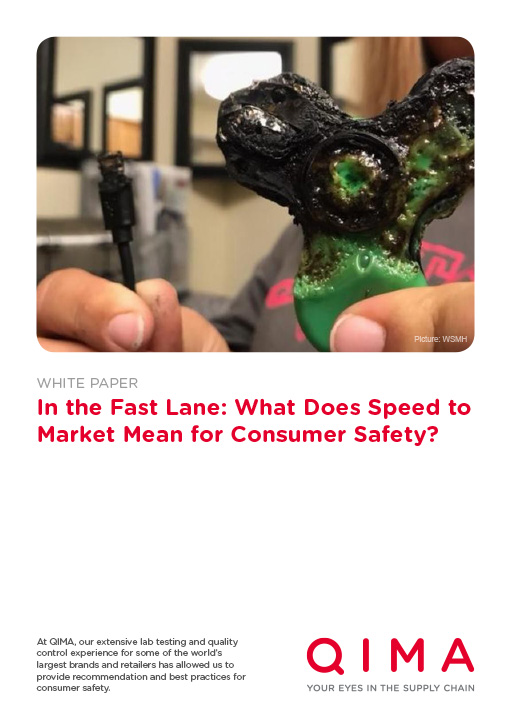
In the Fast Lane: What Does Speed to Market Mean for Consumer Safety?
Learn more on how hasty business decisions during product development can impact consumer safety and your brand.
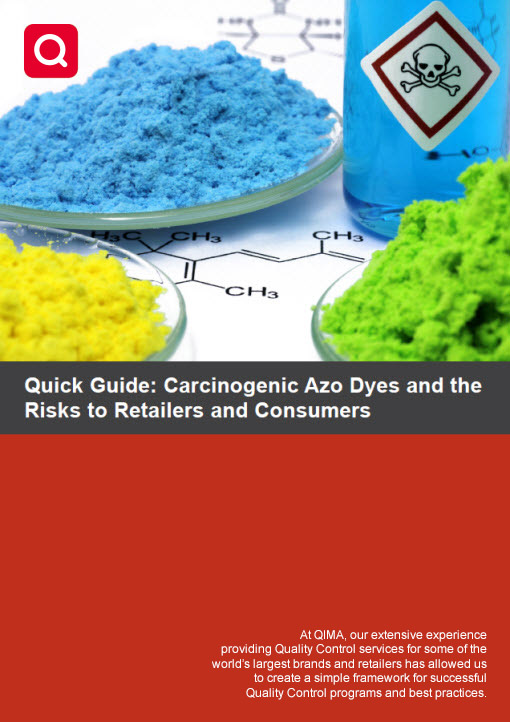
Quick Guide: Azo Dyes and the Risk to Retailers and Consumers
Learn about the impact of azo dyes on your supply chain and how to best ensure product compliance.
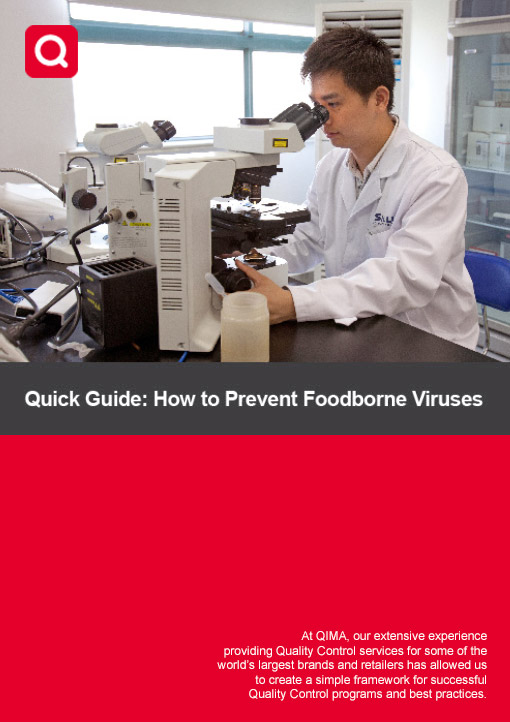
Quick Guide: How to Prevent Foodborne Viruses
Learn about types and sources of foodborne viruses, and how to prevent them in your food supply chain.
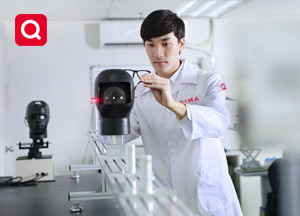
Eyewear Testing to European Directives
Watch our presentation and learn more about the safety and compliance of eyewear and PPE.
| This site is protected by copyright and trademark laws under US and international law. |
| QIMA © 2025 |
|
ClientID:; Client:; Affiliate:;
|
 Xem Demo
Xem Demo
